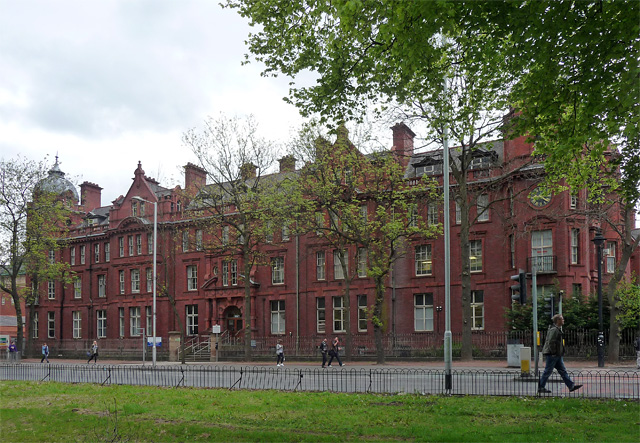Yasmin Qureshi Labour Member of Parliament for Bolton South East

I was disappointed to read the news that the Department of Reproductive Medicine at St Mary’s hospital, Manchester, is threatened with closure. The possible closure of any medical department is a cause for concern, but St Mary’s is home to an internationally renowned fertility clinic and the NHS’s oldest IVF clinic.
Its potential closure is also part of a larger pattern in Greater Manchester, and the country as a whole, where IVF clinics are closing, and fewer cycles are being offered in many of the clinics that remain open. This is despite NICE guidelines stating that women aged under 40, who meet the appropriate criteria, should be offered 3 cycles of IVF treatment on the NHS.
When the budgets of Clinical Commissioning Groups (CCGs) cannot keep up with demand, then IVF is usually one of the first provisions to be reduced and, ultimately, passed to the private sector. However, whilst I understand why this is done in the short-term, it has long-term, negative repercussions.
For example, in addition to funding the IVF procedures themselves, the NHS also pays the profits of the private businesses undertaking the procedures. Also, as one anonymous member of staff at St Mary’s told the Guardian, the private sector does not undertake certain difficult or less-profitable aspects of IVF:
“We offer highly specialised procedures in the NHS which private providers won’t touch because they don’t make money and are too difficult. For example, we aim to see women diagnosed with cancer within a week who want to freeze their eggs before they start chemotherapy. Many of these women are already very poorly and need really high quality anaesthetic care during egg collection, and that is just not available in the private sector because of the medical complications.”
I have contacted Sarah Price, the interim Chief Officer of Greater Manchester Health and Social Care Partnership, and asked if anything can be done to ensure that people in Greater Manchester have access to IVF, as set out in the NICE guidelines, and that the above mentioned long-term, negative repercussions can be avoided.
I can assure you that I will continue to call on the Government to properly fund the NHS whenever possible, so that CCGs don’t have to decide which provisions to reduce or privatise.
